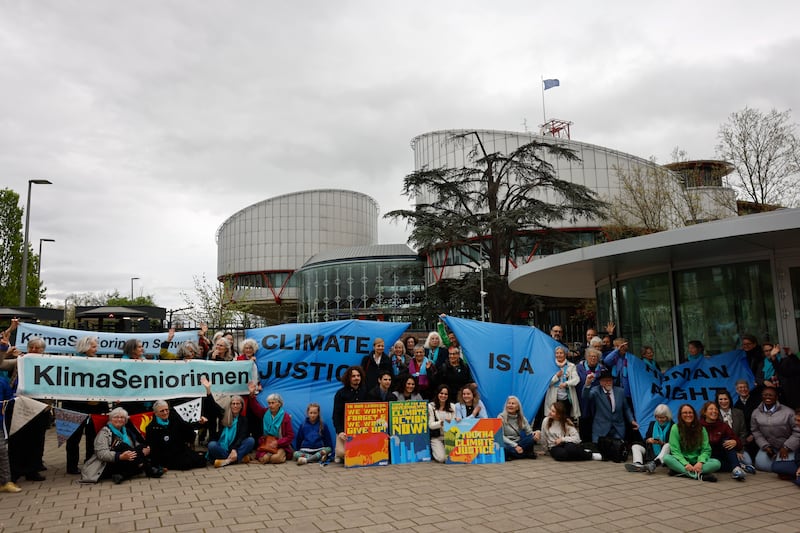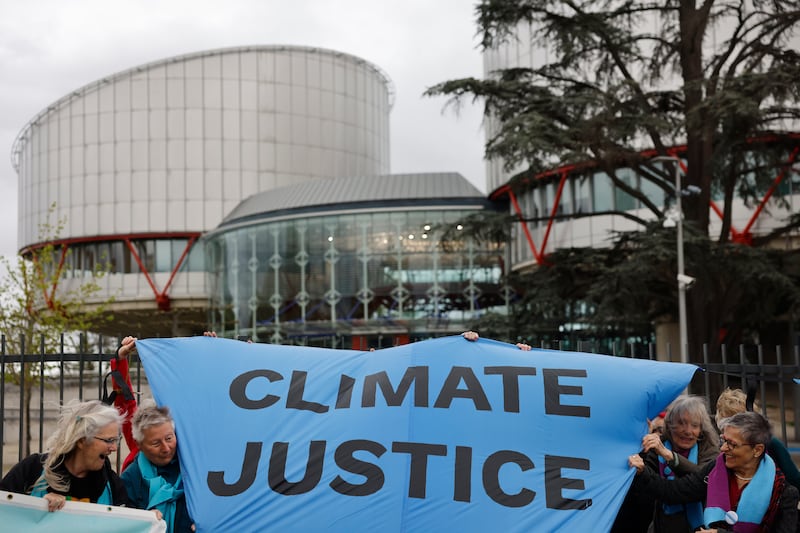An international group of experts tasked with assessing climate change has warned that Europe faces the unappetising prospect of more frequent and more intense heatwaves.
In a report that involved an assessment of temperatures in the French city of Toulouse between June 26 and 28, World Weather Attribution said every heatwave occurring in Europe today “is made more likely and more intense by human-induced climate change”.
They found the extreme conditions measured during that three-day period are five to 10 times more likely now than they were in 1900, before greenhouse gas emissions from industry had a major effect on the atmosphere.
The group said the heatwave that struck large parts of Europe last week “broke several historical records … in France, Switzerland, Austria, Germany, the Czech Republic and Spain”.
The study has not been peer-reviewed yet, but the group uses methods that are widely considered valid in the scientific community.
With the heatwave moving towards eastern Europe, temperatures soared to 39C in Serbia on Tuesday, though showers in the evening could provide some relief.

Drinking water tanks have been set up in Belgrade parks with doctors warning the elderly to stay indoors.
The surge in temperatures comes after weeks of unusually severe thunderstorms in parts of Serbia, Bulgaria, Romania, Bosnia and Croatia that have triggered floods and extreme humidity.
In Germany, thousands of firefighters, soldiers and civil defence personnel are battling a large wildfire in an area used for military exercises after weeks of dry weather.
Officials said the blaze in Luebtheen, about 100 miles north west of Berlin, is the biggest in the history of Mecklenburg Western Pomerania state.
Meanwhile, new data showed that last month set a new June record for the continent.
Measurements collected by the European Union’s Copernicus satellite programme revealed Europe’s average temperature in June was more than 2C higher than during the 30-year reference period from 1981 to 2010.
The intense heat toward the end of June also beat the previous Europe-wide record for the month set in 1999 by 1C.
France, Switzerland, Austria, Germany, the Czech Republic and Spain all registered new national highs for June, with the southern French town of Gallargues-le-Montueux recording a blistering 45.9C on Friday.








